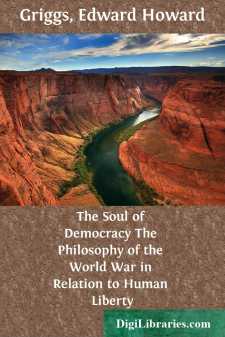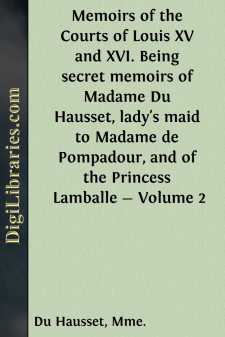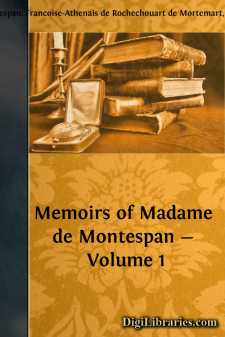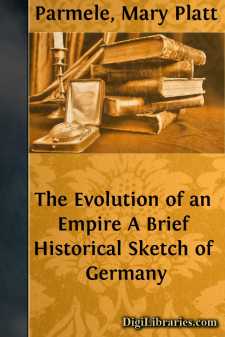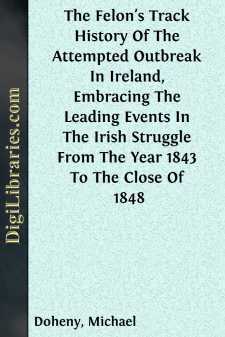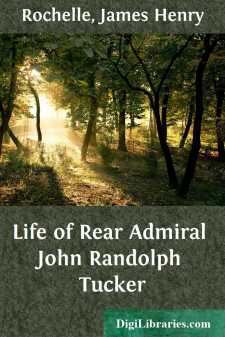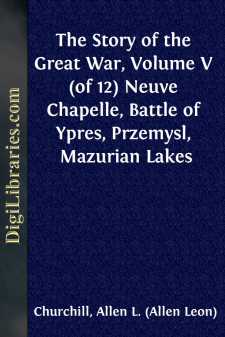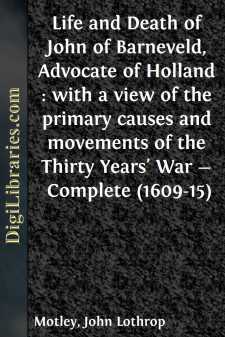Categories
- Antiques & Collectibles 13
- Architecture 36
- Art 48
- Bibles 22
- Biography & Autobiography 815
- Body, Mind & Spirit 144
- Business & Economics 28
- Children's Books 18
- Children's Fiction 14
- Computers 4
- Cooking 94
- Crafts & Hobbies 4
- Drama 346
- Education 58
- Family & Relationships 59
- Fiction 11833
- Games 19
- Gardening 17
- Health & Fitness 34
- History 1378
- House & Home 1
- Humor 147
- Juvenile Fiction 1873
- Juvenile Nonfiction 202
- Language Arts & Disciplines 89
- Law 16
- Literary Collections 686
- Literary Criticism 179
- Mathematics 13
- Medical 41
- Music 40
- Nature 179
- Non-Classifiable 1768
- Performing Arts 7
- Periodicals 1453
- Philosophy 65
- Photography 2
- Poetry 896
- Political Science 203
- Psychology 44
- Reference 154
- Religion 515
- Science 126
- Self-Help 85
- Social Science 82
- Sports & Recreation 34
- Study Aids 3
- Technology & Engineering 59
- Transportation 23
- Travel 463
- True Crime 29
Our website is made possible by displaying online advertisements to our visitors.
Please consider supporting us by disabling your ad blocker.
The Soul of Democracy The Philosophy of the World War in Relation to Human Liberty
Description:
Excerpt
I
THE WORLD TRAGEDY
We are living under the shadow of the greatest world tragedy in the history of mankind. Not even the overthrow of the old Roman empire was so colossal a disaster as this. Inevitably we are bewildered by it. Utterly unanticipated, at least in its world extent, for we had believed mankind too far advanced for such a chaos of brute force to recur, it overwhelms our vision. Man had been going forward steadily, inventing and discovering, until in the last hundred years his whole world had been transformed. Suddenly the entire range of invention is turned against Man. The machinery of comfort and progress becomes the enginery of devastation. Under such a shock, we ask, "Has civilization over-reached itself? Has the machine run away with its maker?" The imagination is staggered. We are too much in the storm to see across the storm.
When the War began, it was over our minds as a dark cloud. It was the last conscious thought as we went to sleep at night, and the first to which we awakened in the morning: wakening with a dumb sense of something wrong, as if we had suffered a personal tragedy, and then as we came to clear consciousness we said, "O yes, the War!" The days have passed into weeks, the weeks into months and years: inevitably we become benumbed to the long continued disaster. It is impossible to think deaths and mutilations in terms of millions. Even those who stand in the immediate presence of it and suffer most terribly become calloused to it: much more must we who stood so long apart and have not yet felt the brunt of it. Even our entrance into the whirling vortex, drawing ever nearer our shores, has failed to waken us to a realizing sense of it. Nevertheless, these years through which we are now living are the most important in the entire history of the world. It is probable that the future will look back upon them as the years determining the destiny of mankind for ages to come.
How this terrible fact of War falls across all philosophies! Complacent optimisms, so widely current recently, are put out of court by it. The pleasant interpretations mediocrity formulates of the universe are torn to tatters. There is at least the refreshment of standing face to face with brute actuality, though it crash all our "little systems" to the ground. Philosophy must wait. The interpretations cannot be hastened, while the facts are multiplying with such bewildering rapidity. The one certainty is that an entirely new world is being born—what it will be, no one knows.
Nevertheless, we have gone far enough to recognize that all our thinking will be transformed under the influence of the struggle. It will be impossible for us, after the War, to do what we have done so widely hitherto: proclaim one range of ethical ideals and standards, and live to something widely different in practice. Either we shall have to abandon the standards, or bring our conduct measurably into harmony with them. We shall be unable longer to hold unconsciously in solution Christianity and the gospel of brute force....


